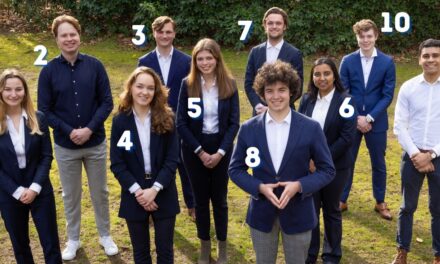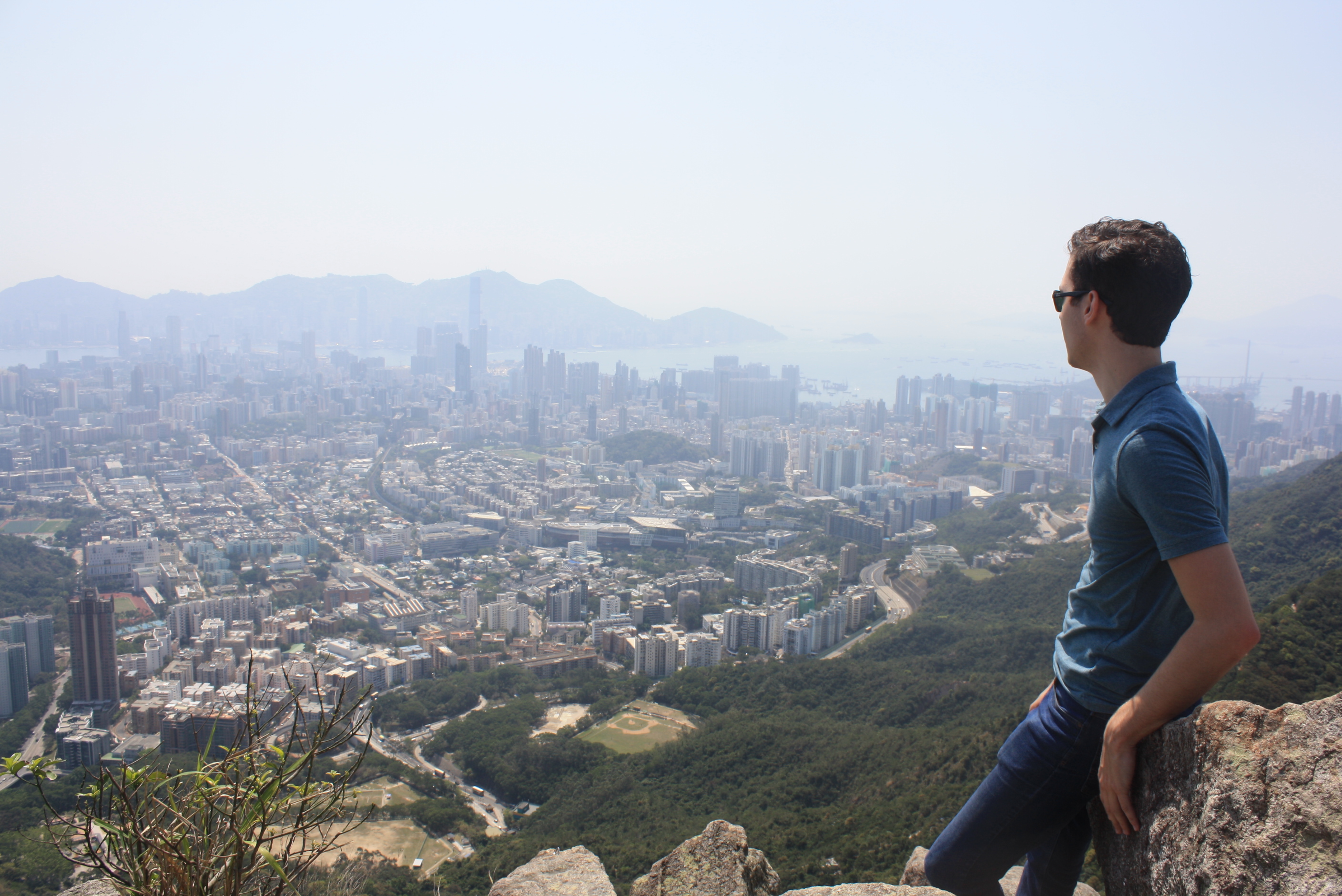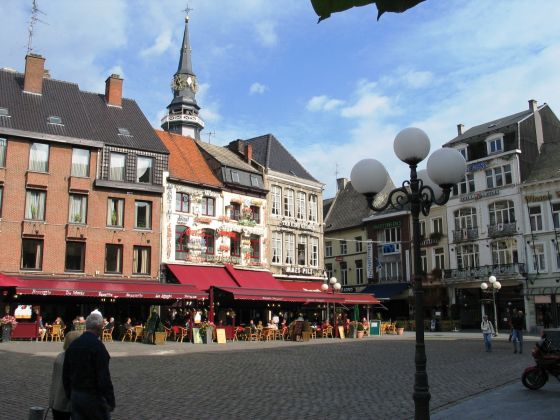I The Darien gap
Go to Instagram or TikTok and search #Darien. You will find thousands of videos and photographs of people telling stories of migrants in transit crossing the borders of Colombia and Panama using roads inside the jungle of Darien. Also, you will find a lot of news and articles that expose the terrible situation of migrants (adults and children) who decide to use this route to go from South America to the border of Central America. And, after that, to the United States of America to achieve the dream of having a better quality of life.
The Darien gap is the land of nobody. Darien is a colossal jungle, thick and dangerous. People who go inside lose their rights and be at the mercy of nature’s power (animals, revolting rivers, not food or potable water) and armed groups who control illegal human traffic. Once there, they are exposed to all kinds of abuses, torture, rape, robbery, and homicide, among others. Most of these migrants are people from South America and Caribe (Venezuela[1] and Haiti[2]) who pay money to dealers to cross the jungle.
Generally, those individuals are illegal migrants because they don’t use the regular way to cross borders. They don’t have Visas or permission to trespass the borders. In some cases, they even have a passport or identification. They are stateless. However, the Darien walkers are still human and must be protected under the law, aren’t they?
II The context
Some individuals say that illegal migrants are invisible to institutions because the institutions don’t know where the illegals are. They cannot apply the law or public policies to protect them. I’m afraid I must disagree with this assumption, taking into consideration that more and more walkers of Darien are using social media to show their stories. They make videos about the conditions of the route to share with their families and other walkers. Also, to request help when a walker is in bad shape. Likewise, to notify families when a walker lost his life there. Institutions, governments, and people can know where they are. Videos that walkers upload on social media are data.
Moreover, the state’s role in the route of Darien’s walkers appears too short to deal with the issue and, in some cases, refuses to recognize it.
On the one hand, in the case of Colombia and Panama, they share the jungle and Darien’s migrant problem. They are doing military operations, migrant control, and creating alternatives to decrease the number of persons walking Darien. However, they are not acting inside the jungle, only at the borders providing support to migrants who decide to cross (health and food assistance).
On the other hand, destination countries (U.S. and Mexico) have strict rules to cross borders and concede asylum or recognize a status of refuge. This situation means that even if people crossed Darien and Central America, they could not enter northern countries. Many people are dying on the border or being deported to their origin countries when they attempt to cross this border illegally.
III The proposal
Moreover, whether the Darien jungle’s constant human rights violations and danger could be watched on social media, why do walkers decide to go to the jungle? In the videos on social media, the walkers said that they could not access a Visa or permit that allows traveling legally and safely because they are in “bad conditions” (vulnerability) in their origin countries. Most are under the poverty line and cannot fulfill the requirements to ask for a Visa. They don’t have food security in their countries, and their life is in danger in some cases. They are displacement, torture, etc. Many problems. The answer could be that walkers are too desperate to have another life that they put at risk life itself to have a chance.
Regarding the role of the states, this situation is a call to check again some legal assumptions about the duties of each state over their territory and population, in which the responsibility goes until the borders of the land and with citizens. In a global world with a common problem, such as illegal migrants, it is mandatory to ask if those assumptions are creating spaces of marginalization and hidden bigger social problems in which life is erased. The law can be used as an instrument to define how to deserve to be protected by saying when states must act. However, those people are human such as you or me. It supposes that we enjoy the same fundamental rights, human rights.
I am a dreamer person and seek to see opportunities even in those dark situations. In this sense, I considered that by using the language of human rights and learning about the current discussion of Human Rights and Business and its encounter with climate change, we could develop strategies to cover Darien’s walkers with the law. How?
Human Rights are recognized as a universal and relative language[3]. It is universal because most states accept it as a binding parameter. Likewise, it reflects universal empathy. Also, it is relative. It means that although it is universal in terminology, it allows cultural adaptation. In this context, the Human Rights approach can be “used” and “adapted” to support arguments that look for a specific end. E.g., tackling climate change-.
Overall, a language of Human Rights benefits because it allows open debate. In other words, through litigation, we can discuss what it means and the scope of the law. “Case by case, the law can be interpreted and developed”. We can do litigation to adopt a broader understanding of the duties and obligations of states beyond the concept of territoriality or sovereignty in the case of illegal migrants.
Finally, I recognize that saying this is controversial because the overuse of the human rights discussion can blur their value. Likewise, to what extent are the courts legitimized to “amplify” the law? However, in the case of Darien’s walkers, using human rights discussion can help to increase their value and focus on their object: people. Darien’s walkers are humankind and deserve protection, despite their status or citizenship or if they are in determinate territory.
[1] https://www.unhcr.org/news/news-releases/number-venezuelans-crossing-darien-gap-soars
[2] https://www.cfr.org/article/crossing-darien-gap-migrants-risk-death-journey-us
[3] Louis Henkin, “The Universality of the Concept of Human Rights” (1989) 506 The Annals of the American Academy of Political and Social Science 10








